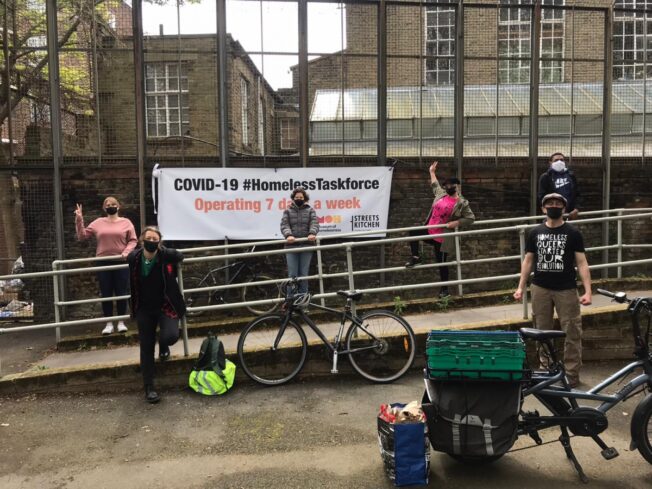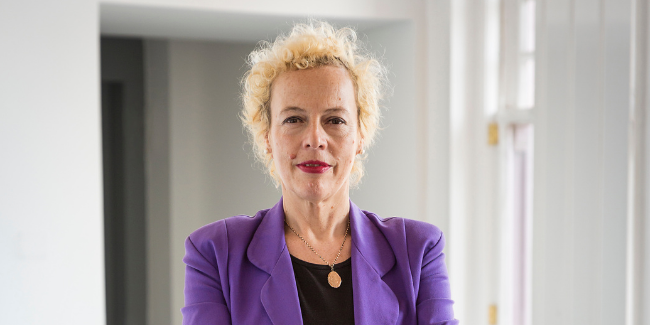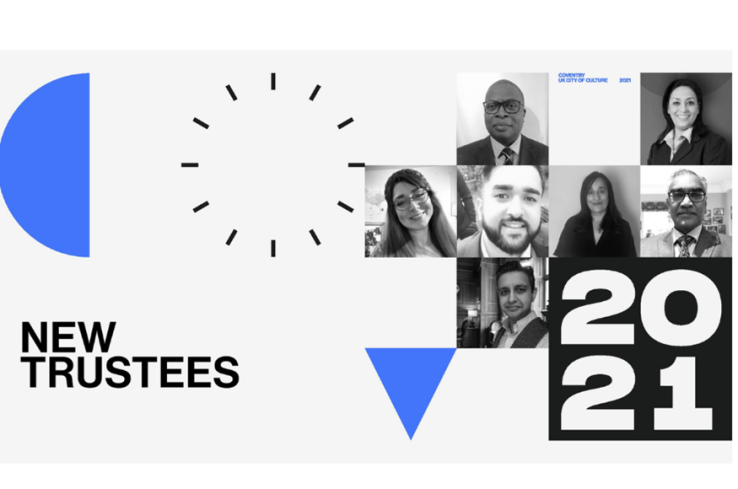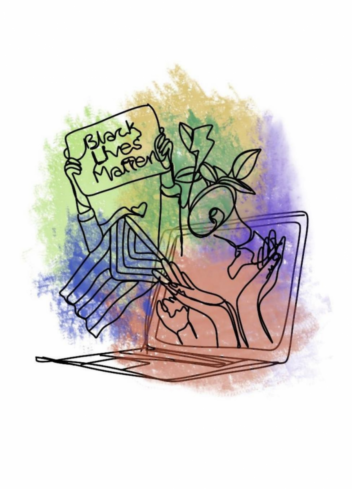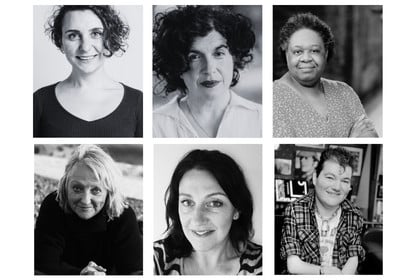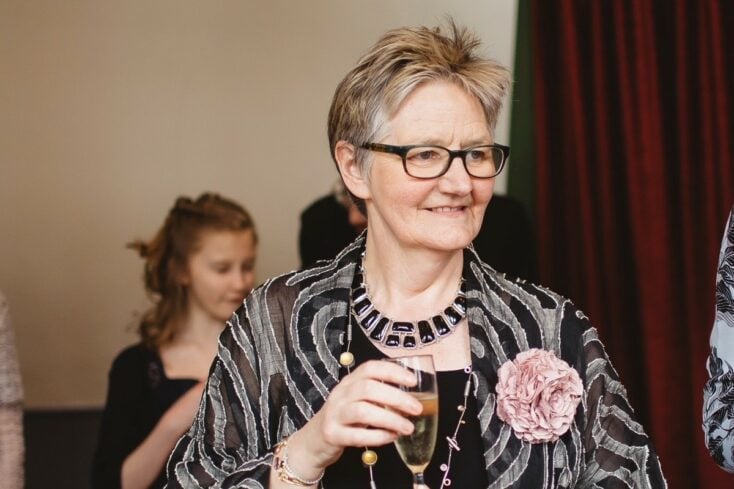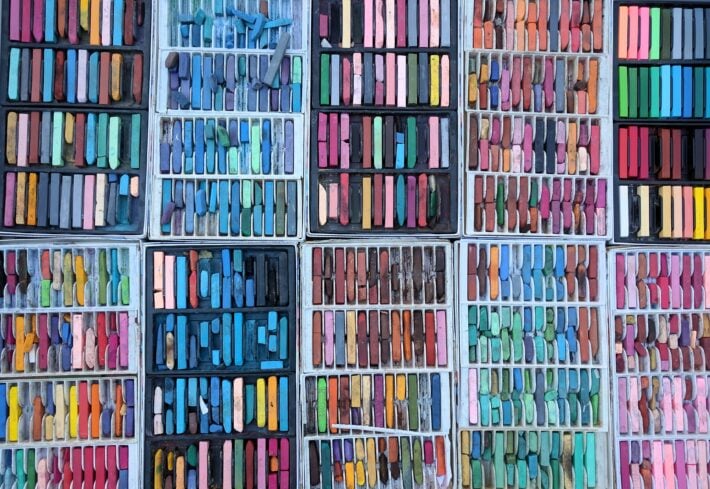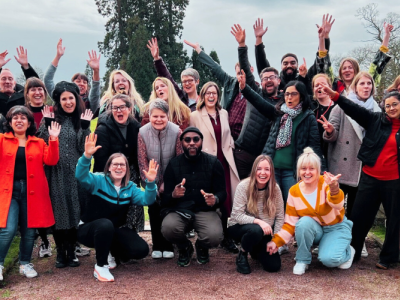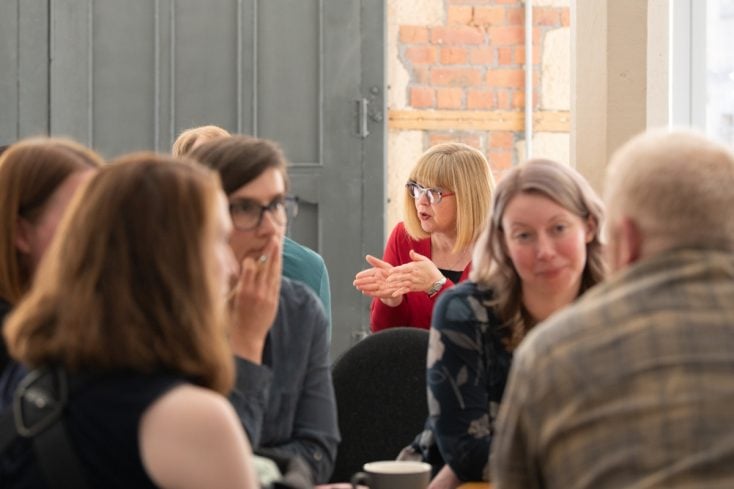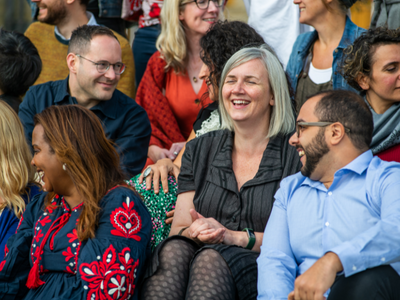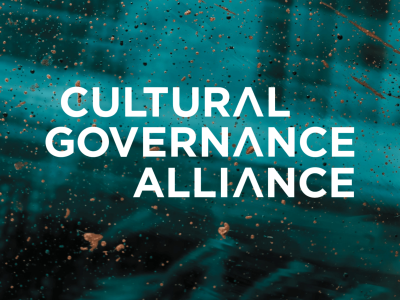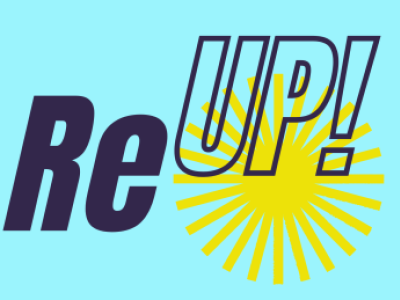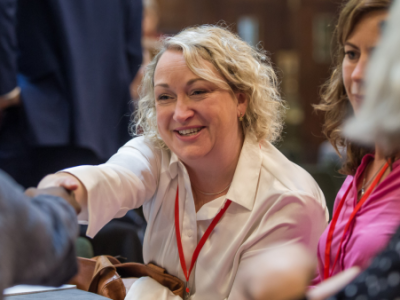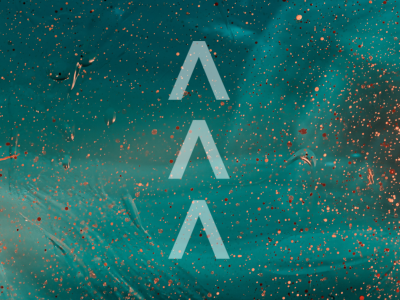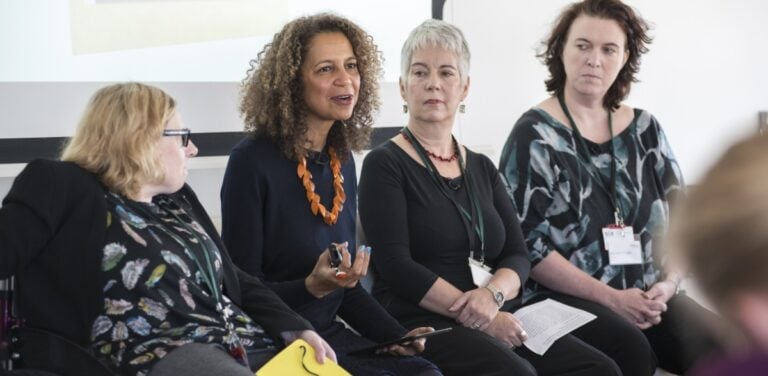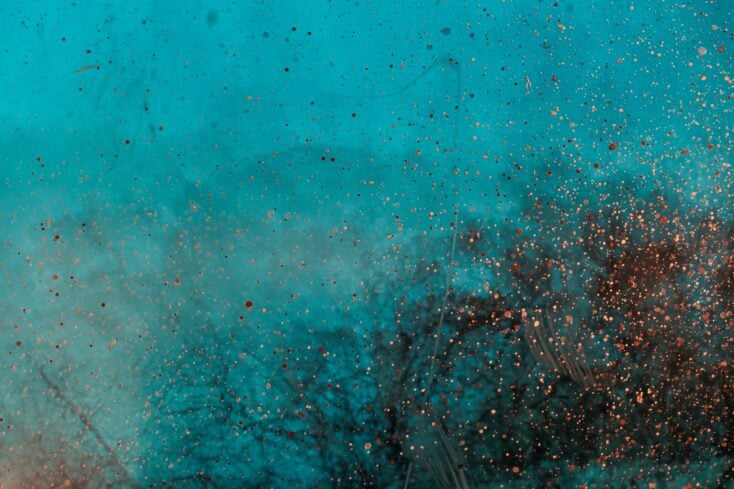Can the show really still go on?
Moira Sinclair, Chair Clore Leadership
If you have ever worked in the UK’s theatre industry, someone at some moment of stress will mutter “the show must go on”. The theory is that the phrase originated in 19th century circus – if an animal got loose or a performer was injured, the band would keep playing to keep the audience and the event on track.
Our arts and cultural sector is traditionally hardworking, resilient, famed for conjuring joy and illusion from odds and ends. But that spirit and creativity is now being sorely tested.
As a recent commentator described over the summer, there is a ‘Perfect Storm’ brewing (Andrezj Lukowski, BBC Radio 4, Front Row). He was talking specifically in response to an unusually large number of theatres losing their artistic directors, and theatres cancelling shows or shortening runs.
But there are black clouds hanging over the arts, cultural and heritage sectors more broadly.
The director of the Victoria and Albert Museum, Tristram Hunt, has talked about the inflationary pressures on ongoing renovation and major building projects as one of his biggest ongoing challenges (Evening Standard). And Artistic Director of Battersea Arts Centre Tarek Iskander’s 33 reasons why running a theatre is now so hard drew instant recognition and alignment.
It is, without a doubt, one of the most challenging times for the arts in recent history.
There is a complex landscape of external pressures which are colliding to create a storm. Inflation, budget cuts, legacy problems from Covid and Brexit, complex and exposing discussions about cultural heritage and now RAAC in our cultural architecture, are all coming together to make leadership in the arts a difficult and potentially lonely place. New technologies are having a seismic impact. Is the business model for charities feeling increasingly outdated? Are Board Chairs (all volunteers, we should remember) fully equipped for the responsibilities they must now hold?
Our sector takes on the mantle of entertaining, educating and connecting the nation. We all saw what a source of joy our musicians, dancers, actors, writers are in times of hardship. But where must the creative leaders themselves go for sustenance and inspiration when the workforce is weary, and resources are spread meagrely thin?
All leaders in today’s world need time away from their day-to-day to breathe, reflect and unpick the challenges, working collegiately to share strategies, grapple collectively to find ‘hive mind’ solutions not only for themselves, but for their sectors as a whole.
And the same applies for those running our theatre companies and galleries, our arts centres, and orchestras. Just because their products are so beautiful and often ephemeral doesn’t mean the underpinnings don’t need to be robust and supportive.
There is a real need for a strong peer network to enable our great leaders in the arts to work together to orchestrate change. At Clore Leadership, our history of creating strong cohorts through our Fellowship and courses tells us that peer-to-peer support is an essential component of leadership resilience and agility. Time to bust the myth of the heroic leader and model realistic strategies for sustainable futures.
For many working in the arts, they are driven by a passion for the sector, their audiences, and communities. We need to keep this passion alive, fuelling it by supporting, nurturing and equipping our leaders.
Change in and of itself isn’t a bad thing. It can bring much needed energy, creating space for new leaders and voices in our sector, for the development of new artistic expressions, for the emergency of exciting and different venues. But that energy and our leaders need looking after right now if our internationally admired, but increasingly fragile arts, cultural and heritage sectors are to thrive.
Investment in cultural leaders is an investment in the creativity that fuels our collective cultural resilience. The show must go on – it is in all our interests, for our wellbeing, our economy, for the sheer sense of pleasure that represents. It is imperative to act now before we witness yet more casualties on the cultural landscape.








